This course situates itself at the confluence of two trends in archaeology. First, like many Humanities disciplines, archaeology is swept along in a data deluge towards new digital shores (Bevan, 2015). Second, a reproducibility crisis is looming with many disciplines losing credibility because results of studies cannot or only with great difficulties be reproduced (Baker, 2016). Many funders, including the ERC, are beginning to take rigorous stances on issues of Open Science, a term that effectively encapsulates the notion of methodological and empirical transparency. Not least because of archaeology’s disciplinary background and grounding in and recruitment from the Humanities, these trends amount to a double challenge: We must become better able to handle small and large data volumes – be they counts, frequencies, measurements, dates or coordinates – and we must conduct and present our research in findable, accessible, interoperable and reusable (FAIR: https://www.go-fair.org/fair-principles/) ways.
Numerous tools have been developed in aid of reproducible research, also in fact specifically in relation to archaeology (Carlson, 2017; Marwick, 2017; Marwick et al., 2018, 2017; Marwick and Birch, 2018). Building on these efforts, this PhD course will focus on (i) the use of basic quantitative data analysis methodologies in archaeological research, and on (ii) making such research reproducible within an Open Science framework. The course will give the students the opportunity to reflect upon how they may be able to use different kinds of quantitative methods in their research project and, following Software/Data Carpentry principles, provide hands-on practical training in the R programming environment and selected quantitative methods (e.g. uni-, bi- and multivariate exploratory statistics and visualisation).
Note that this course will not cover the handling of radiocarbon or spatial data.
Course work
The course will consist of both lectures and, mostly, workshop activities. Before the course starts, each PhD fellow must prepare a short, scholarly proposal for a data analysis relevant to their research (~5 pages, plus 10-20 references) as well as one or several data tables that include numeric (e.g. measurements on objects) and categorical (e.g. grave good counts across cemeteries, site counts per region) variables. These data tables do not need to be large but we suggest that each submitted table should include a minimum of 40 objects/sites etc. and three associated variables (measurements, counts, etc.). They do not have to be data you have personally collected, previously published datasets are welcome, but they should be directly related to your research. This standard will ensure that the PhD fellow can work with her/his own data throughout the course and that we may be able to compare challenges and results across datasets. Please note that participation without such a dataset is not possible.
During the course, we will be working in the R coding environment, through its user-friendly RStudio interface. Course work will be individually or in groups, and intensive guidance will be provided. At the end of the week, each PhD fellow will present the results of the work conducted throughout the week.
Lecturers
Ben Marwick David Matzig Felix Riede Sophie Schmidt Thomas Birch
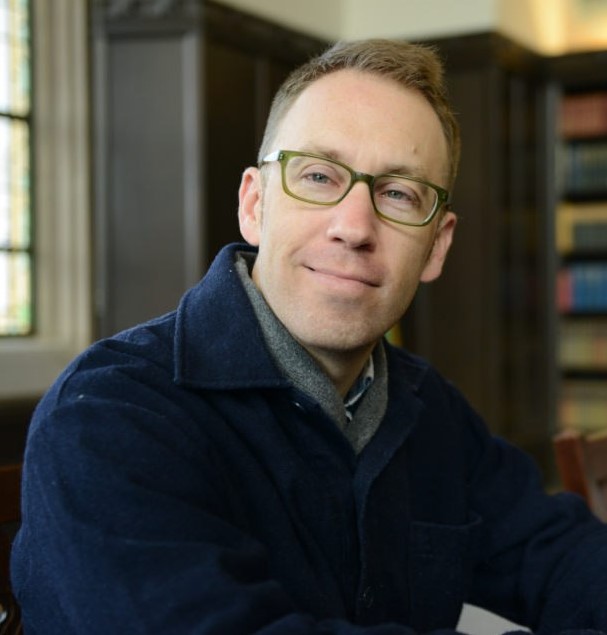
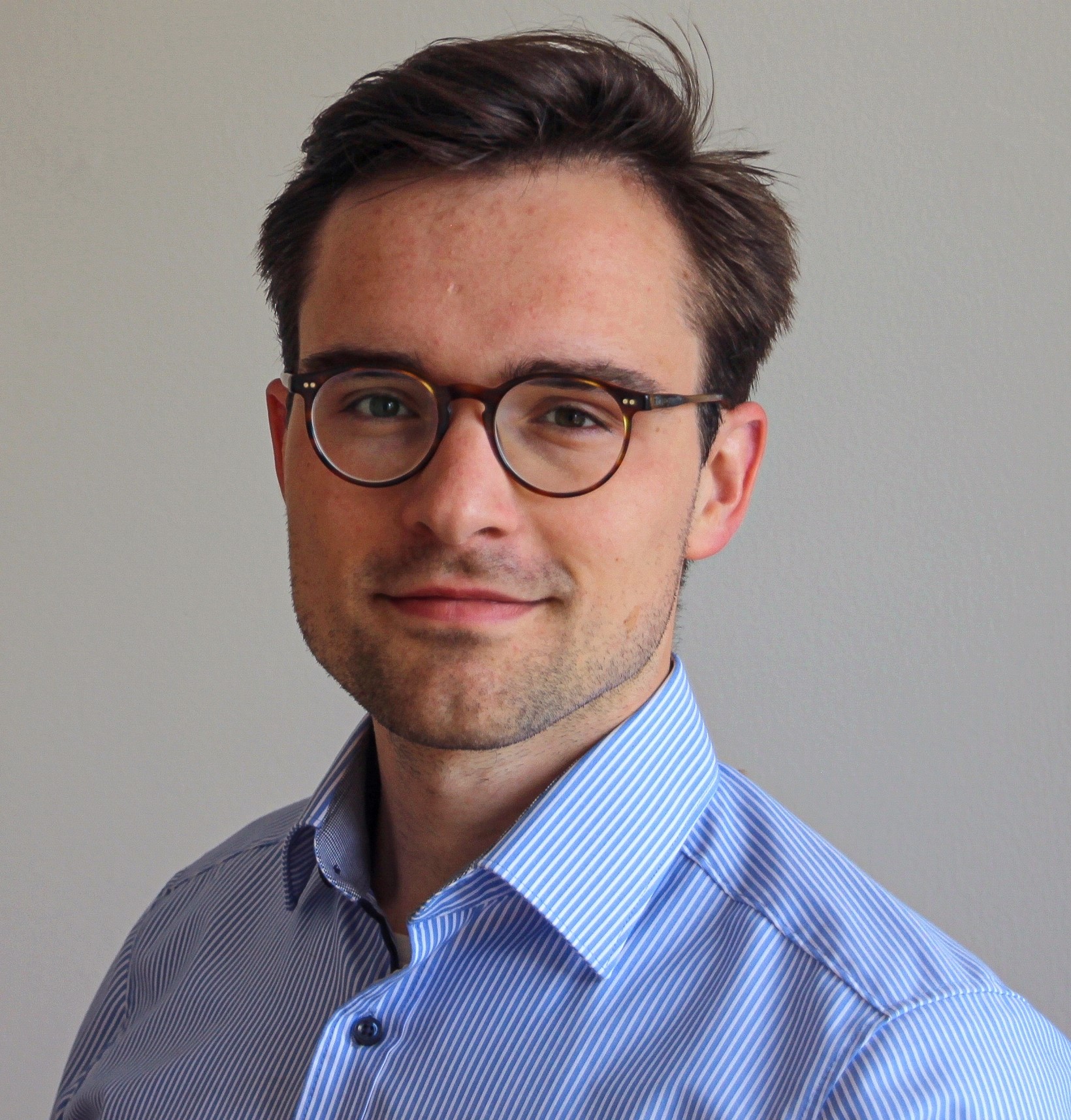
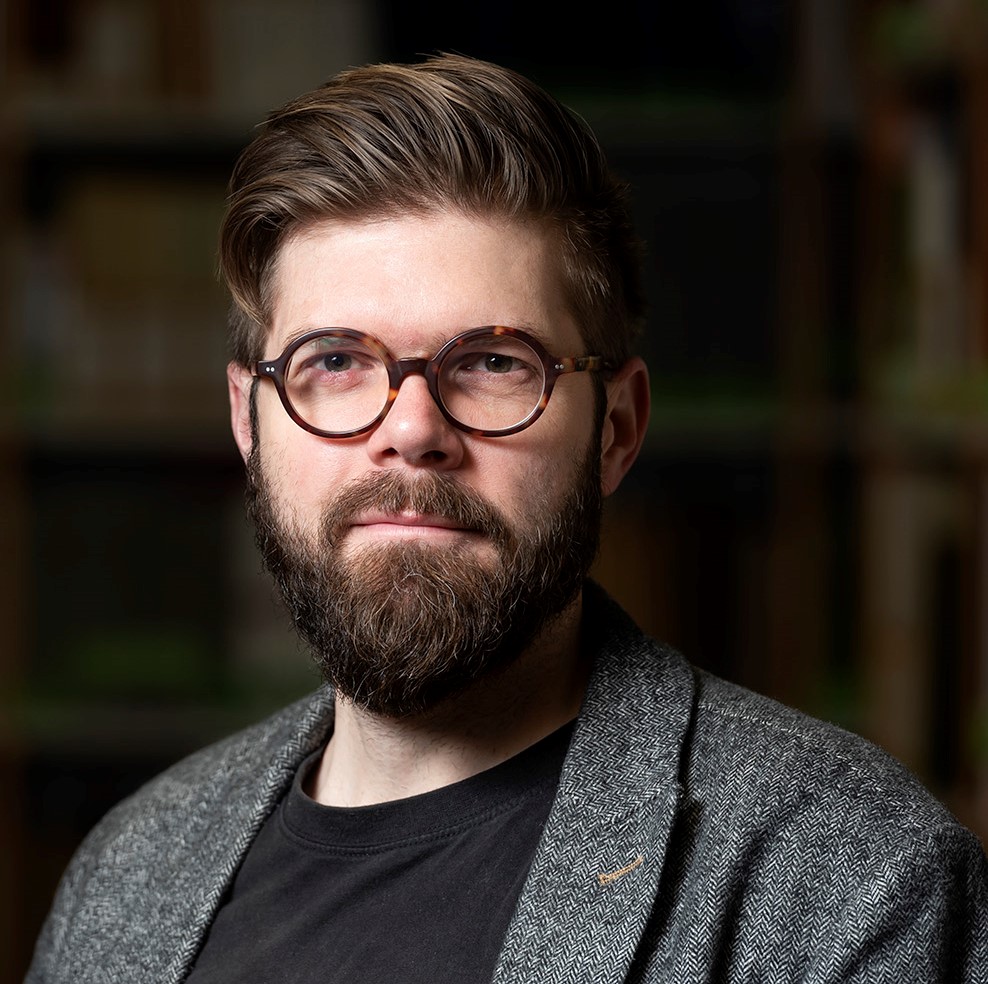
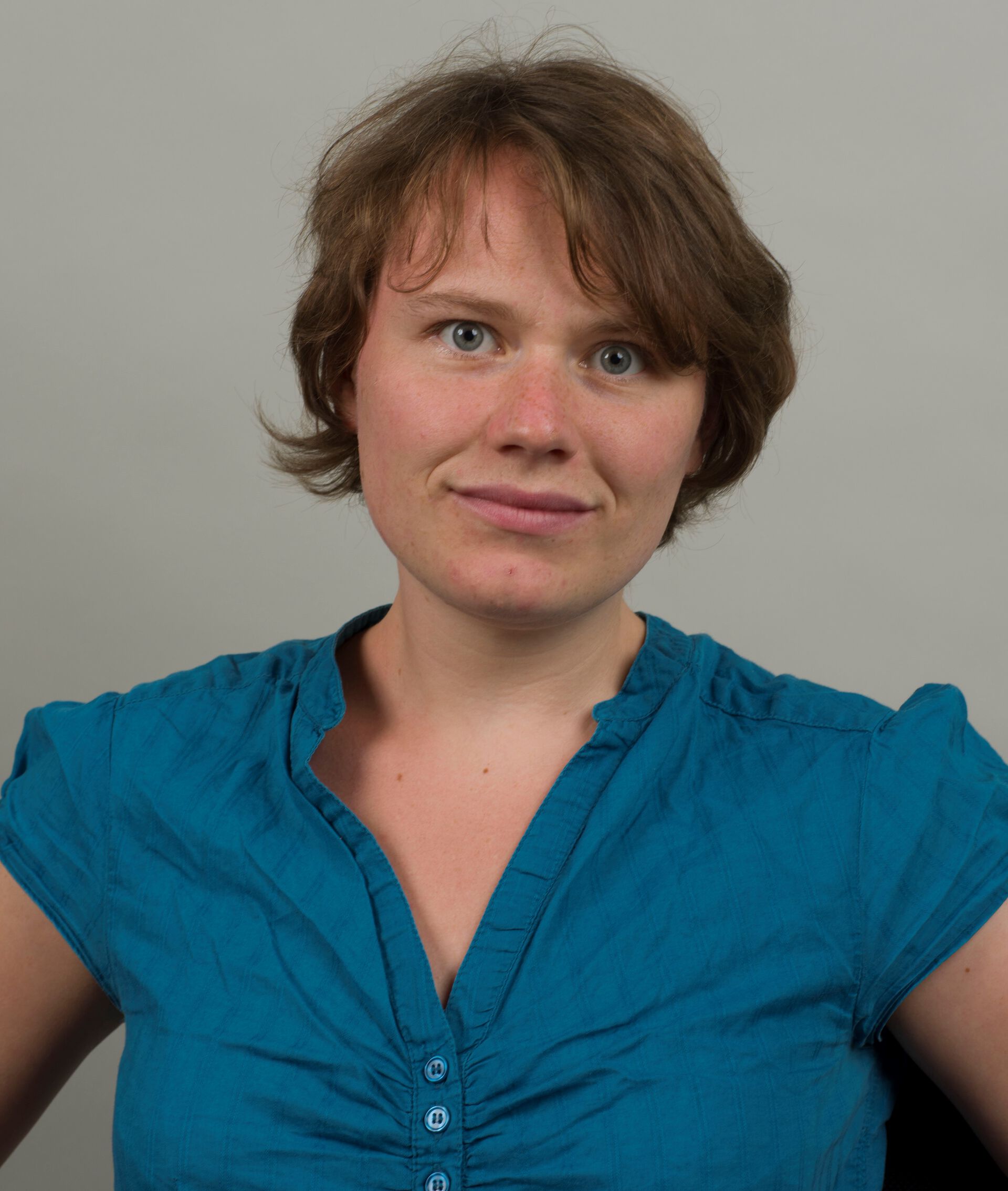
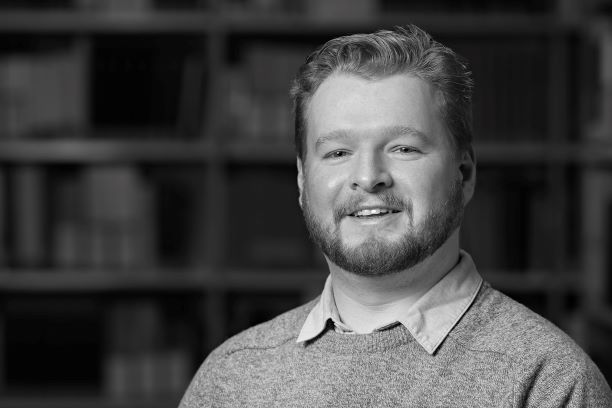
Photo credit for the photo of Ben Marwick: John Pai, photo credit for the photo of Sophie Schmidt: Philipp Groß.
A/Prof. Ben Marwick (University of Washington)
Ph.D. fellow David Nicolas Matzig (Aarhus University)
Prof. (MSO) Felix Riede (Aarhus University)
Independent researcher/teacher Sophie C Schmidt (University of Cologne)
Archaeometallurgist/researcher Thomas Birch (Aarhus University)
Credits
3 ECTS.
Location, travel and costs
The workshop will be organized digitally. Admitted PhD students will receive the necessary meeting links prior to the workshop.
Registration
The Graduate school invites all registered PhD students to apply for participation. Please follow this link to apply for the course (in English only). From these applications, 10 PhD students will be admitted to the workshop.
For more information please contact: dial-past@iakh.uio.no
Important dates
Application for participation: October 1, 2020. Confirmation on your participation will be sent out shortly after this date together with a reading list.
Submission of data analysis proposal (5 pages plus 10-20 references, Times New Roman 12, Spacing 1,5): February 22, 2021

.jpg)